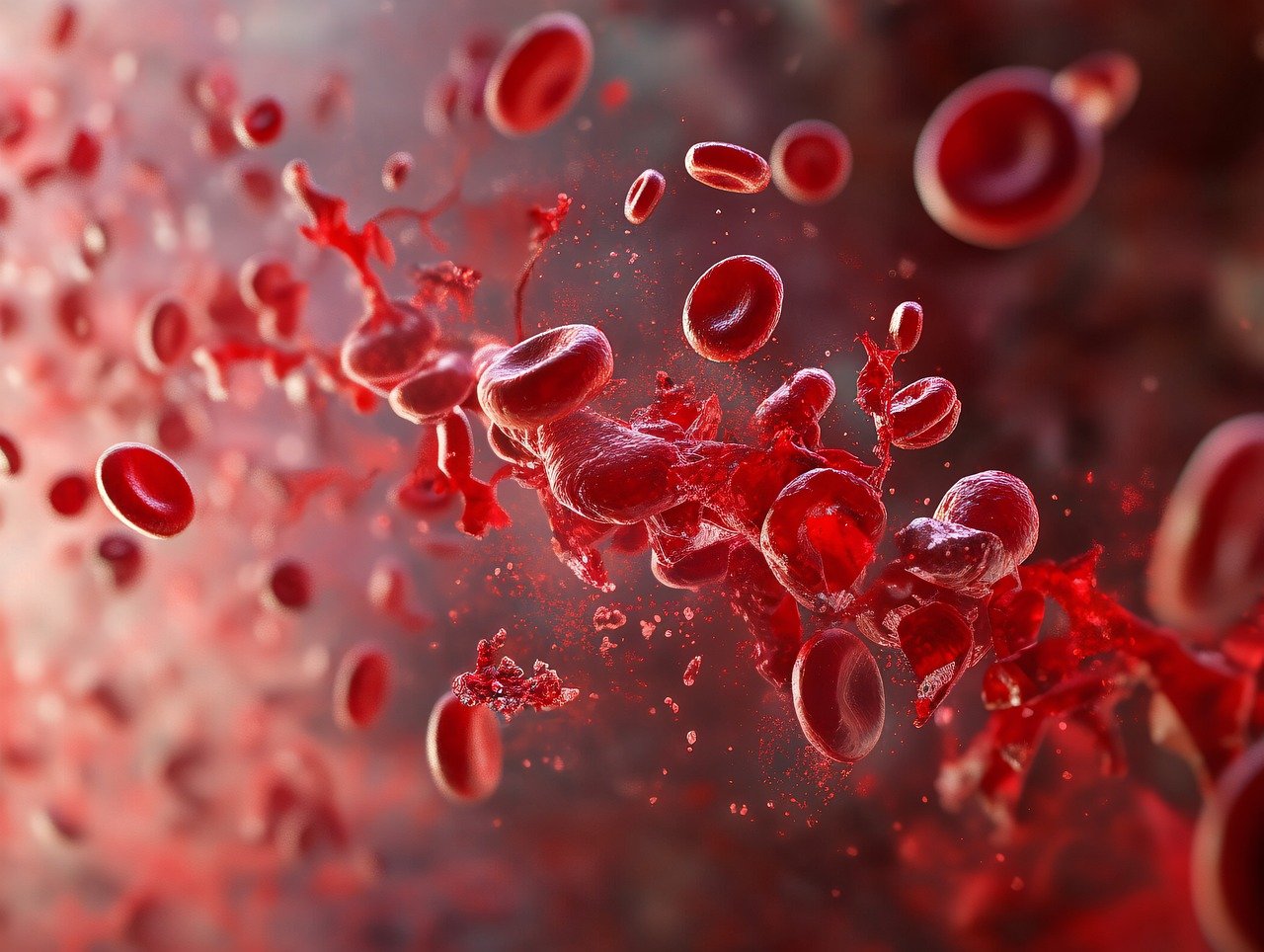Researchers have identified a new human blood group system, MAL, resolving a five-decade-old enigma and enhancing transfusion safety for individuals with this rare blood type.
Key Points at a Glance
- New Blood Group Identified: The MAL blood group system has been discovered, adding to the known human blood group systems.
- Historical Context: The absence of the AnWj antigen in a pregnant woman’s blood sample in 1972 initiated this research.
- Genetic Basis: Mutations in the MAL gene are responsible for the absence of the AnWj antigen on red blood cells.
- Clinical Implications: Identifying this blood group enhances transfusion safety and patient care for those with the rare MAL blood type.
In 1972, a routine blood sample from a pregnant woman revealed the absence of a surface molecule, the AnWj antigen, present on all known human red blood cells at the time. This anomaly puzzled scientists for decades, prompting extensive research to understand its genetic basis and clinical significance.
After 50 years of investigation, researchers from the UK and Israel have identified a new blood group system, named MAL, associated with the absence of the AnWj antigen. This discovery, published in the journal Blood, marks the 47th recognized human blood group system and has significant implications for transfusion medicine.
The MAL gene encodes a protein crucial for maintaining cell membrane stability and facilitating cellular transport. Mutations in both copies of the MAL gene result in the absence of the AnWj antigen on red blood cells, leading to the rare MAL-negative blood type. Notably, more than 99.9% of the global population possesses the AnWj antigen, making MAL-negative individuals exceptionally uncommon.
Identifying the genetic underpinnings of the MAL blood group enables the development of precise genotyping tests. These tests can detect individuals with the MAL-negative blood type, ensuring they receive compatible blood transfusions and reducing the risk of adverse reactions. This advancement enhances patient care, particularly for those with this rare blood type.
The discovery also underscores the complexity of human blood group systems. While the ABO and Rh systems are widely recognized, numerous other systems exist, each with unique antigens that can impact transfusion compatibility. Understanding these systems is vital for safe blood transfusions and effective patient management.
This breakthrough exemplifies the importance of persistent scientific inquiry and collaboration. By resolving a 50-year-old mystery, researchers have not only expanded our knowledge of human blood group systems but also improved the safety and efficacy of blood transfusions for individuals worldwide.
